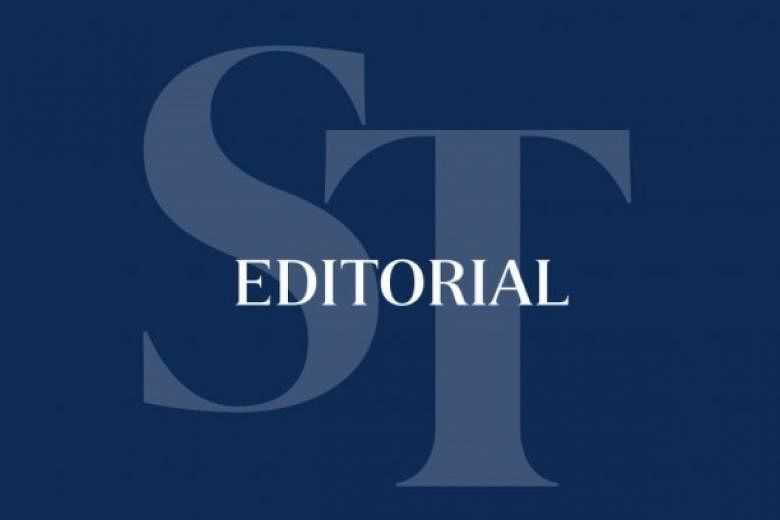New ground was broken this week when participants at the Singapore International Energy Week - the first to host up to 250 persons on site since pandemic restrictions began - underwent pre-event swab tests for Covid-19. The antigen rapid tests, although less sensitive than polymerase chain reaction ones, can yield faster results within 30 minutes. A successful pilot could pave the way for looser limits on group sizes for gatherings, which are now capped at five. Large-scale events such as wedding receptions, live performances, sports and business conferences might then resume eventually. This comes as agencies here work out ways to incorporate fast testing and widespread tracing into Singapore's Covid-19 response ahead of a Phase 3 of reopening. Antigen rapid tests are being used in foreign worker dormitories as part of their existing rostered routine testing, to quickly detect and isolate asymptomatic Covid-19 cases. Increasing the testing frequency will help pick out positive cases that might have otherwise slipped through.
As Phase 3 requires three-quarters of the population to participate in digital contact tracing, the supply and distribution of TraceTogether tokens have also been ramped up. More than 400,000 TraceTogether tokens have been collected to date, putting Singapore at the 50 per cent mark for participation rate. Those who want a token will be able to get one by end-December if they do not wish to download the app.
A calibrated reopening is the way forward to avoid more drastic restrictions later. A second wave of Covid-19 is now washing over European countries such as Spain, France, Belgium and the Netherlands. The governments - leery of a public backlash - chose not to implement strict social distancing measures when infection numbers came down over the summer. Many of them also failed to build robust test-trace-isolate systems and are now falling back on blunt measures that are economically devastating, such as curfews, quarantines, and shutting down schools, cinemas and restaurants for weeks.
This does not mean that Singapore, by contrast, is completely out of the woods. Rather, most activities - including travel to countries where the Covid-19 situation is similar to or better than Singapore's - could be allowed to go on with adequate safe management measures in place, such as mask-wearing, safe distancing, and group-size and capacity limits. There will have to be continued effective tracing and testing. Many will naturally chafe at the ongoing restrictions and want larger family gatherings to be allowed. But the more Singaporeans exercise social responsibility, the greater the likelihood that the country will be able to move ahead with opening up, mitigating the impact on businesses, while also minimising the health risks from infection transmission.

